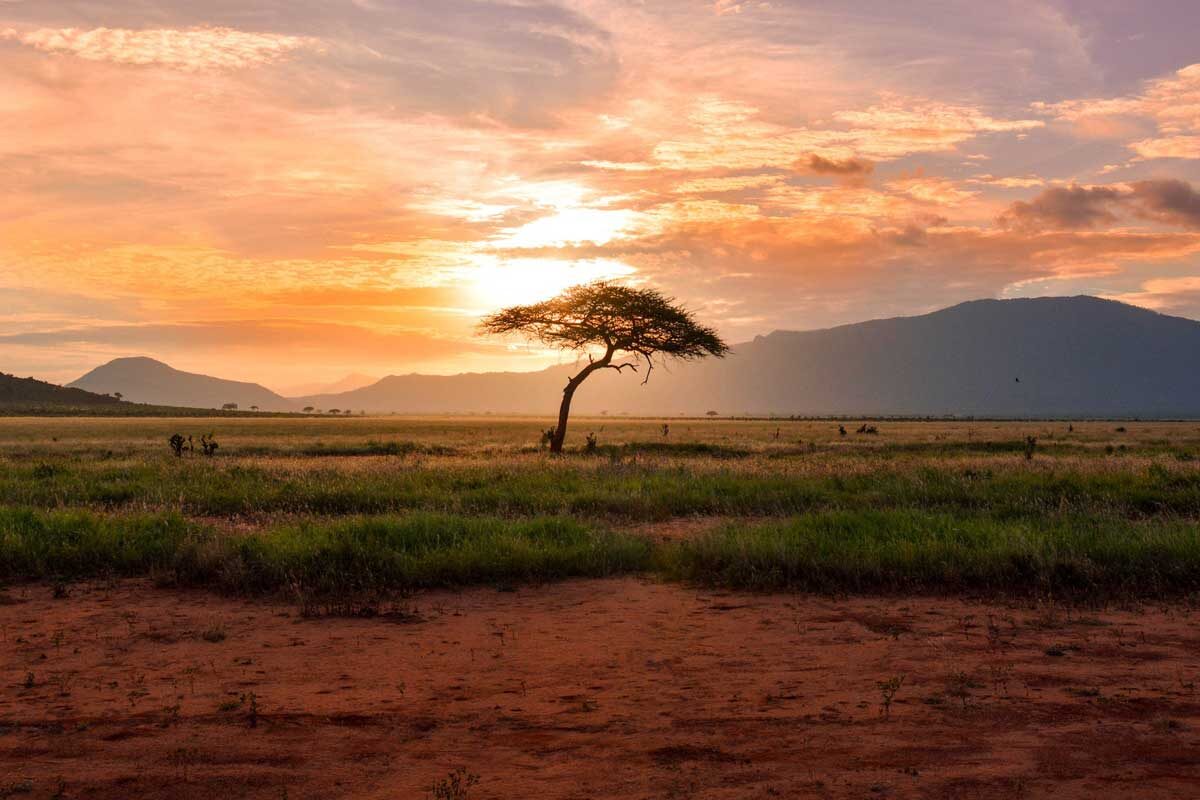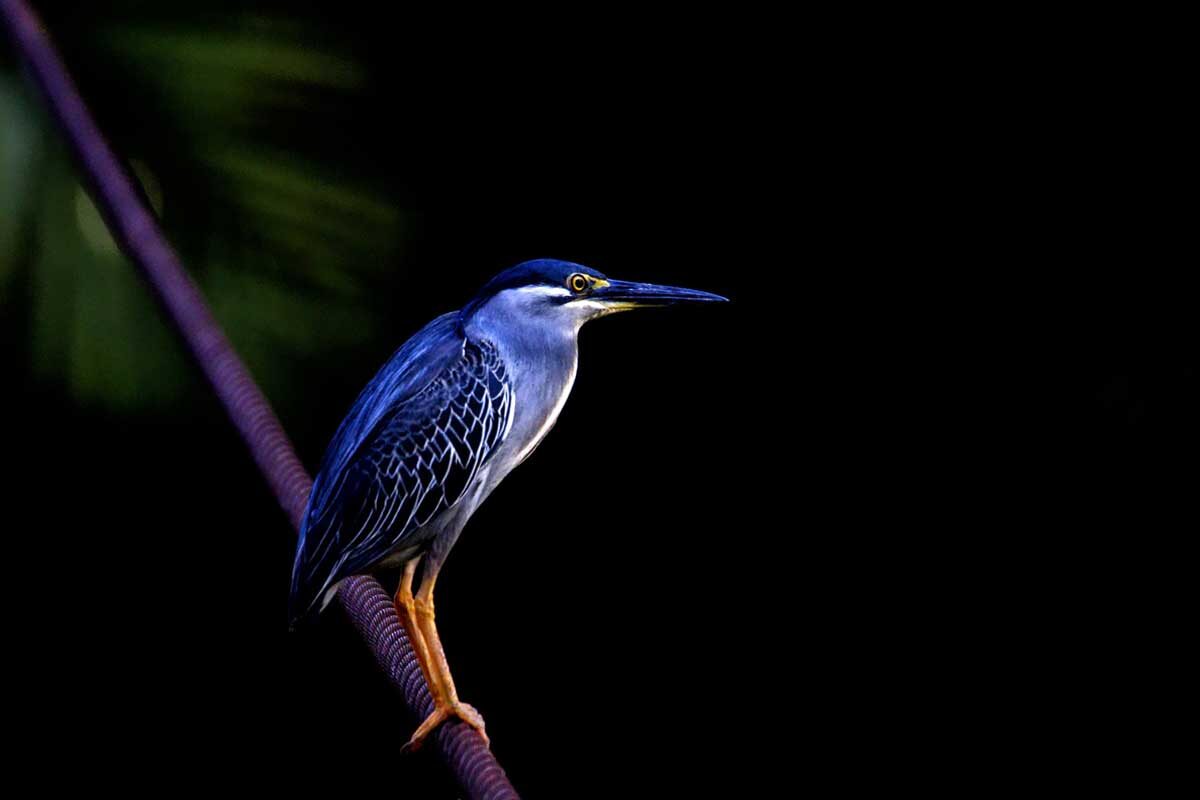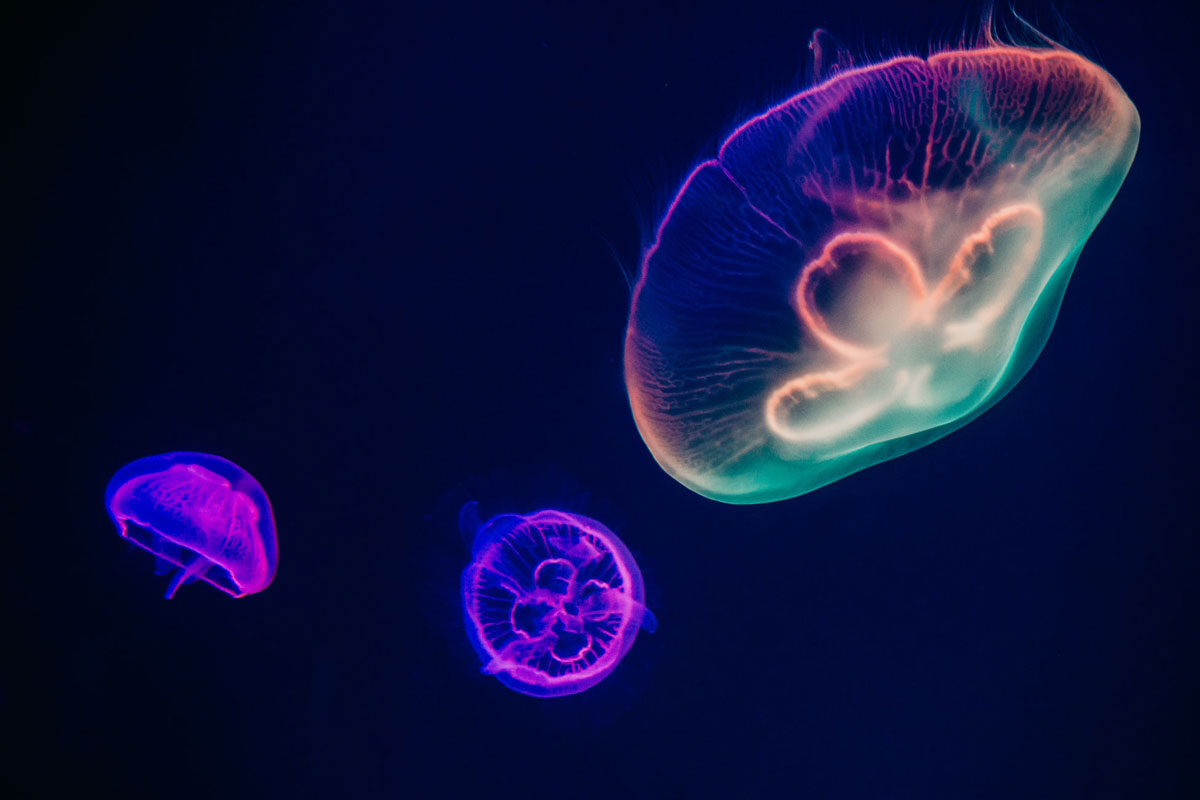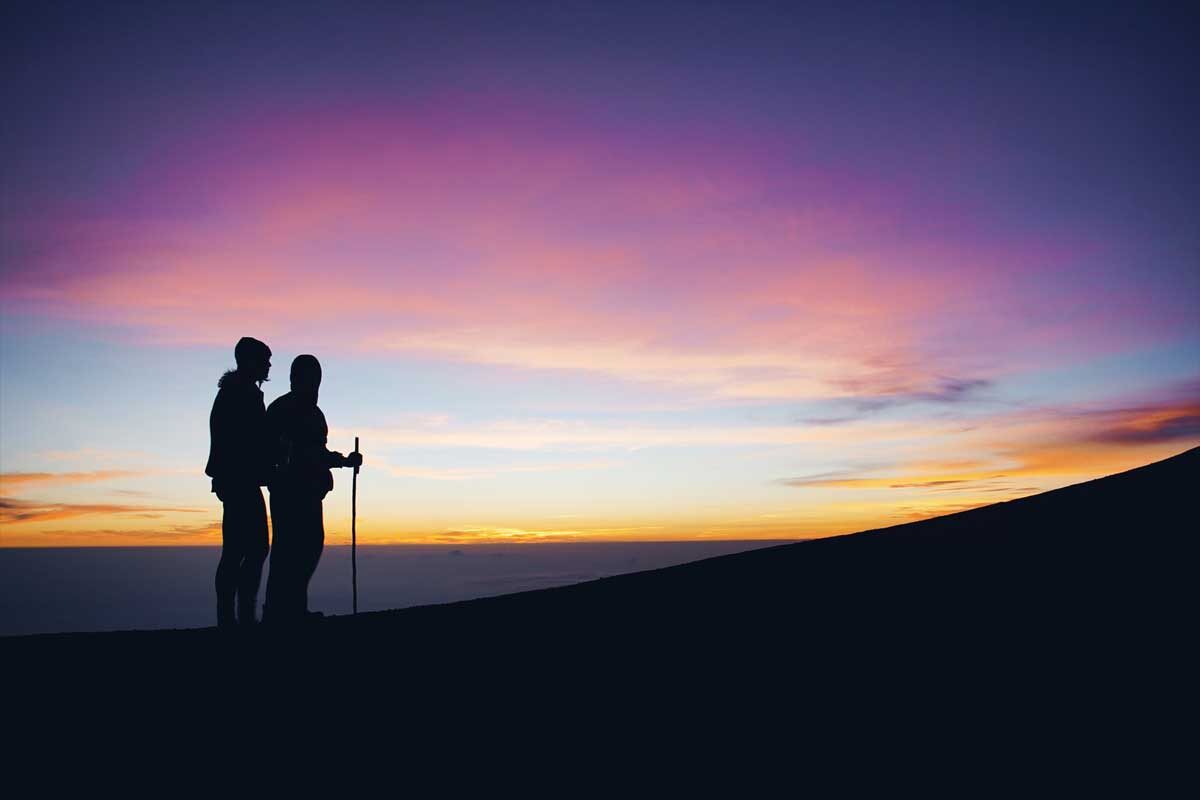The Makgadikgadi Salt Pans are all that remains of a great lake which once covered most of northern Botswana, fed by rivers carrying salts. The most iconic pans, Ntwetwe and Sua, provide vistas of blinding white salt flats reaching far into the horizon where pan sleep-outs are experienced. No vegetation grows on the salty surface of the pans, but the fringes are covered with grasslands. No animals live on the pans: a few desert species and the elusive brown hyena inhabit the fringes. The result is that the salt pans present an unforgettable landscape of incredible sunsets and sunrises and a bewildering lack of perspective as opposed to a game experience. Africa’s famous explorer, Dr David Livingstone, crossed these pans in the 19th century, using two massive baobabs believed to be 3,000 to 4,000 years old as a navigation tool.
All camps on the salt pans are situated on or next to Ntwetwe Pan in the west of the pans complex and offer quad biking on the pans, visits to habituated meerkats, archaeological walks as well as cultural insight into the lives of the San people. More recently horse-riding expeditions have been introduced, providing a unique way to explore the landscape. All activities in this area are subject to favourable conditions – the slightest rainfall can make the pans completely inaccessible. During the rainy season, the main attraction at the camps is the zebra and wildebeest migration passing through during the early months of the year, with other activities during this season being very limited. In years with good rains, the pans can be transformed into a powder blue lake with waters gently lapping the shorelines – a clear indication of the gigantic lake the Makgadikgadi once was. The floods attract flamingos with numbers running into the tens or even hundreds of thousands but the spectacle is fleeting and difficult to catch. Camps located on and next to the pans are Camp Kalahari, Jacks Camp and the seasonal San Camp, operating only during dry season. Accommodations in Gweta also access this part of the pans, running overnight trips to the area.














